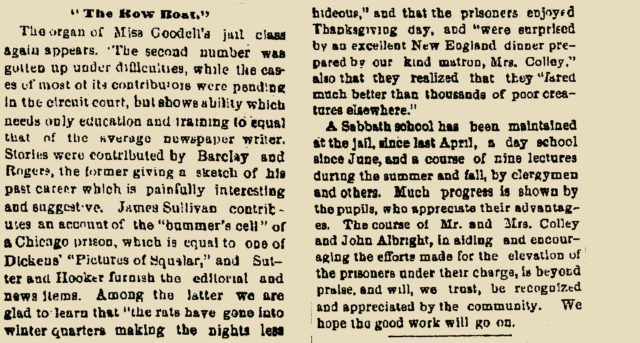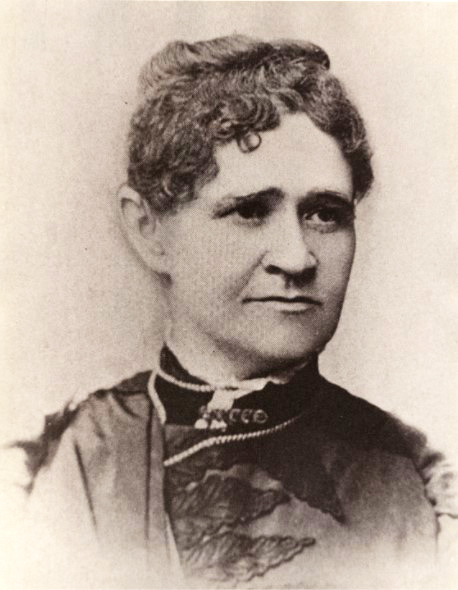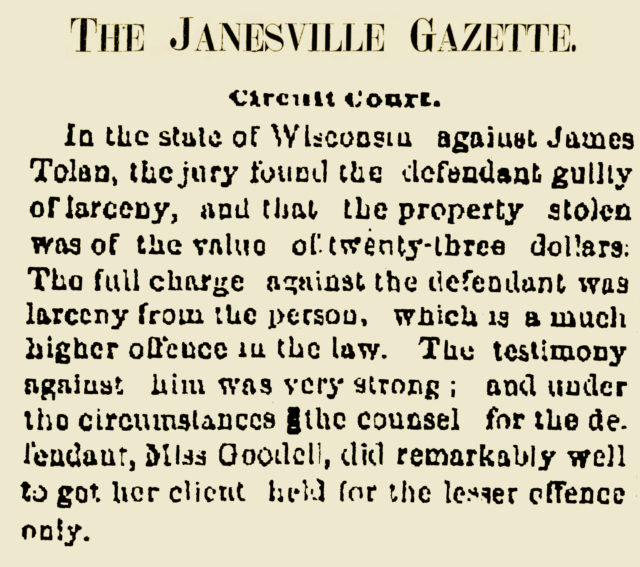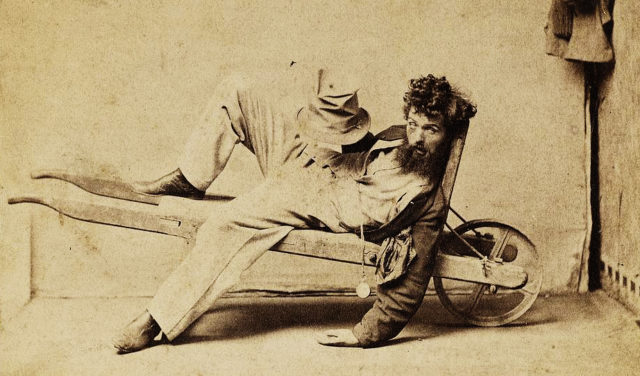“Miss Lavinia Goodell & Miss Angie King have formed a partnership for the practice of law.”
Janesville Gazette, February 1, 1879
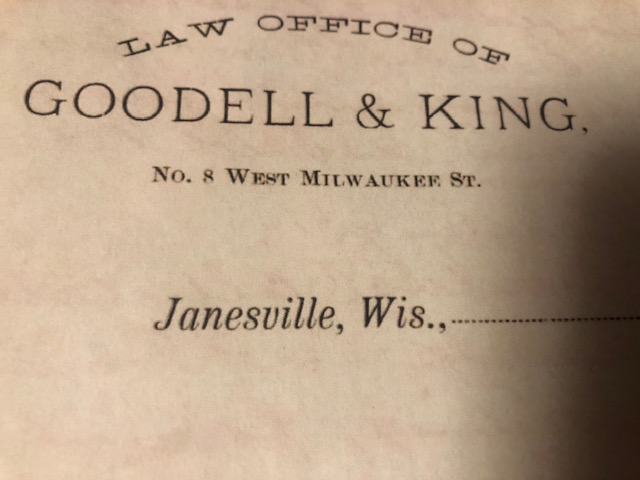
Angie King kept busy during the 1870s by working in her brother’s bookstore and caring for her blind sister. At the same time, she studied law in the office of A.A. Jackson. Along with Lavinia Goodell, she was also active in Janesville’s two literary societies, the Mutual Improvement Club and the Round Table. (Read more about the two clubs here.)
On January 10, 1879, Lavinia was present at the Rock County Courthouse when Angie and two men were examined for admission to the bar. While Lavinia found out that she passed her examination the same day it was given, Angie and the two male scholars had to wait three days to learn their fate. The Janesville Gazette reported, all three passed and “are now recognized as regular practicing attorneys.”
Continue reading →